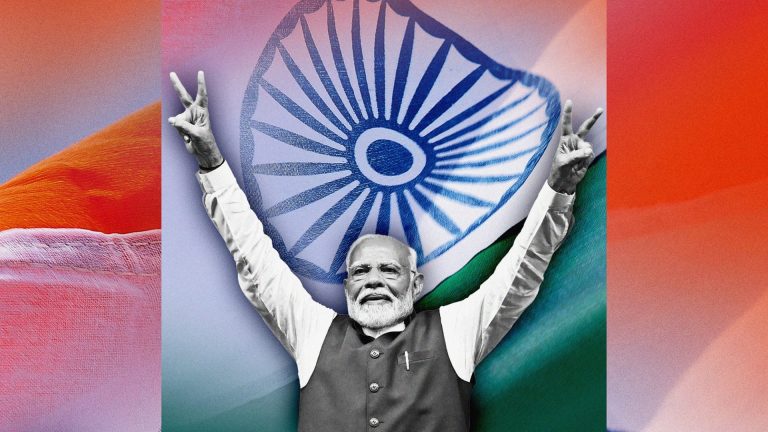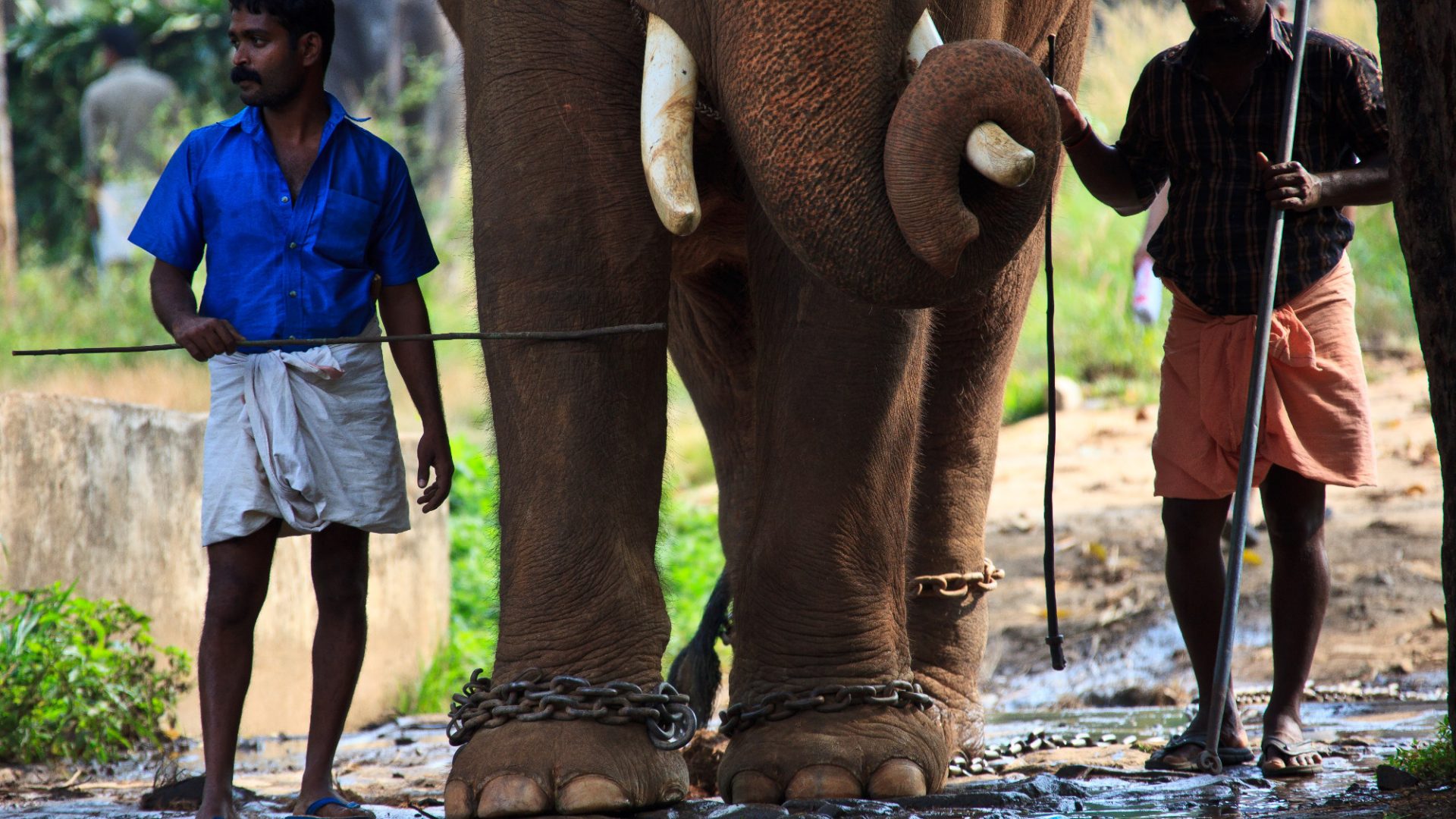In the early hours of a summer morning last month, Gopikannan was gasping for breath. His stomach, bloated. Limbs, trembling. He collapsed without warning in the encampment of a popular temple in central Kerala. A life lost. An elephant’s life. Gone too soon.
He was just 38, in elephant years, barely middle-aged. A celebrated figure in the temple circuit, Gopikannan had won the annual elephant-running race nine times. His towering frame and ivory tusks drew roaring applause wherever he paraded. Worshipped by devotees. Adored by fans. Exploited by all.
“It was the most tortured elephant in Kerala,” said VK Vekitachalam, who runs the campaign group Heritage Animal Task Force.
His death is not an aberration. It’s the norm. One more name in a long list of tragedies playing out in Kerala, the southern state home to one-third of India’s captive elephants.
More than 150 have died in the past six years. And the deaths aren’t slowing.
The reasons are many and heart-wrenching.
India’s captive elephants are dying young. Some at 16. Others are at 25. Many, like Gopikannan, collapse after festival duties. Post-mortems often reveal little. Their stories end with a hushed burial.
Take Ganapathi. He was young, high-spirited and handsome. The 16-year-old bull was transferred to a new mahout last year due to suspected abuse. Yet, within weeks, his health deteriorated, with one eye severely injured.
Following suspected force-fed musth-suppressing drugs, he began to develop a kidney infection. Dead in months. Activists estimate that if nothing changes, all of Kerala’s captive elephants will die within a decade.
In the famed temple towns of Thrissur, Guruvayur, and Palakkad, the captive elephants limp through congested roads. Often, their foot rot festers and infected toes ooze pus. Concrete surfaces crack their soles. But they march on – decorated, paraded, photographed. Until their bodies can no longer keep up.
“The situation is very, very, very disturbing. God’s own country is now a graveyard for captive elephants,” said Vekitachalam.
“All these are done by the ‘festival mafia’ which is deeply entrenched, politically backed,” he added.
Suggested Reading


India’s missed opportunity
In 2018, the Supreme Court ordered a nationwide census of captive elephants. All states complied except Kerala. When Kerala was finally compelled to submit numbers in early 2024, it reported 351 captive elephants.
Ownership, however, is key. Without it, transferring elephants between states is illegal. People involved in the management of captive elephants are now lobbying the government to issue provisions for ownership certificates – a cruel shortcut to make the elephants’ inter-state movements easier and legal.
Torn from their forest homes, the elephants are trained through beating, conditioned by hunger, and controlled through pain.
When I visited one elephant camp, which hosts about 20 elephants, in May this year, the suffering of the animals spoke volumes through their eyes.
The moment the mahout brings the sharp-edged ankusha anywhere closer to the elephant, the animal, which is hundreds of times the size of its handler, trembles, shivers, and simply obeys the command.
Chained for close to 20 hours a day, blinded by punishment, whipped into obedience, the captive elephants are nothing more than sacred slaves in the state of Kerala, which holds more than 10,000 elephant parades a year. Star elephants, with massive tusks and celebrity status, fetch up to £15,000 for a single two-hour appearance. There are loud processions, deafening drums, ear-splitting fireworks, and blinding lights.
There is no rest for the animals. One day in Trivandrum and the next in Kozhikode, over 600km away. The elephant-carrying trucks rumble overnight. The animals barely sleep.
Beneath the painted foreheads and gold-plated elephant caparison (nettipattam) is an exhausted being.
“They are compelled to race in March, the cultural festival season in Kerala, and summers. Deaths swiftly follow the festival seasons,” says Vivek Viswanath, founder of the not-for-profit animal welfare group, Sama Srishti. Many starve between parades or go without clean water for days.
There is no dedicated elephant hospital in Kerala. Basic diagnostic tools such as scanners or weighing scales are few and far between. The poor elephants are administered antibiotics randomly with a guesswork on dosage.
Temples justify elephant ownership under the guise of tradition, devotion, and cultural upkeep. But critics say it’s plain animal cruelty wrapped in saffron and spectacle.
“All these captive elephants belong to religious bodies or wealthy individuals backed with political support across the spectrum,” said Venkitachalam. The steep rise in the deaths of these captive creatures is a crisis. It may be hidden behind shimmering ornaments, ceremonial chants, and drumbeats, but it is a crisis all the same.
Vasudevan Sridharan is a journalist based in south India



